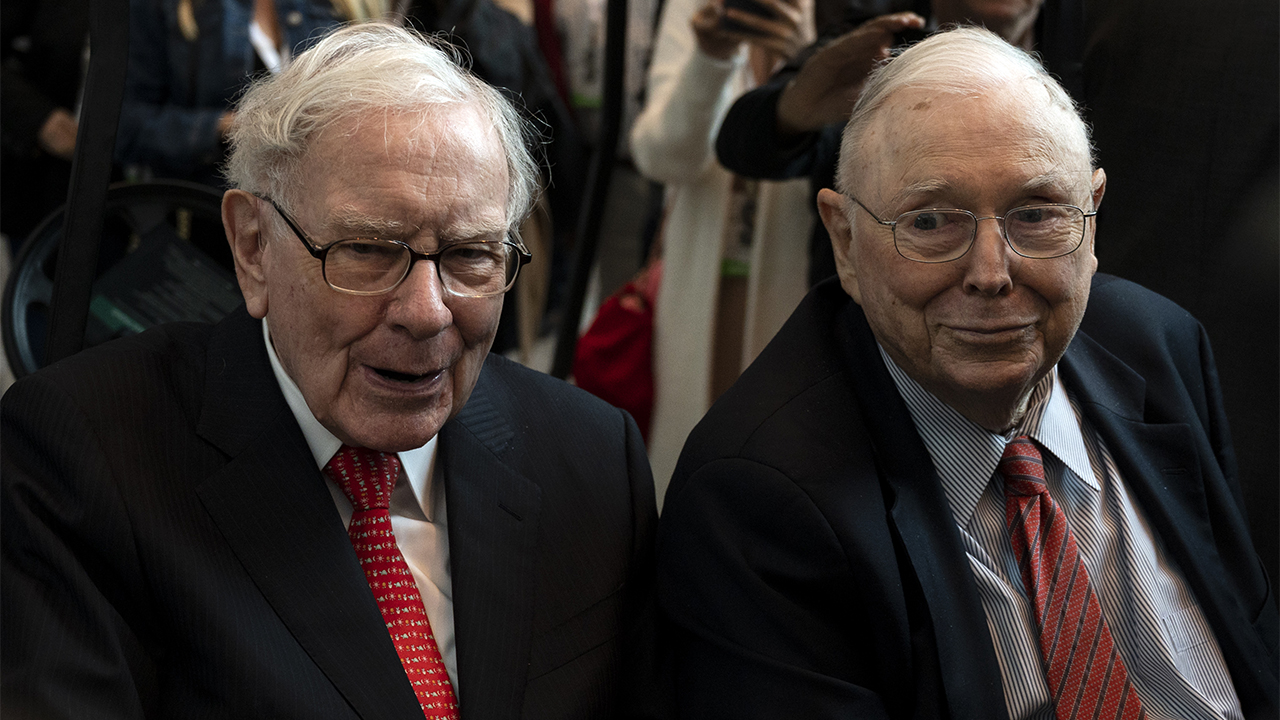Charlie Munger’s Bit Of Wise Advice In The Midst Of The US Banking Meltdown.
Munger warned that the golden age of investing had passed and that investors would have to contend with lower returns.

Charlie Munger has warned of a building storm in the US commercial real estate sector, claiming that American banks are “full of” “bad loans” as property prices plummet. The remarks from the 99-year-old investor and sidekick to billionaire Warren Buffett come when the country’s financial system is dealing with a potential commercial property crisis due to several bank failures.
According to the Berkshire Hathaway vice-chair, the situation is less severe than in 2008. However, problems arise in banking just as they do everywhere else. In good times, you develop bad habits. They lose much too much when terrible times strike.

Contribution of Berkshire in supporting US banks.
Berkshire has a long history of assisting US banks during financial insecurity. For example, during the 2007-08 financial crisis, the enormous industrials-to-insurance conglomerate invested $5 billion in Goldman Sachs and a similar amount in Bank of America in 2011.
However, the company has remained out of the current turmoil, which has seen Silicon Valley Bank and Signature Bank fail. According to Munger, Berkshire has made several bank investments that have proven profitable. Banks, according to Munger, have also disappointed them. It is not simple to operate a bank properly; there are many incentives to do the wrong thing.
What are the sufferings in banks, according to investment critic Munger?
Their reluctance stems partly from the risks lurking in banks’ vast portfolios of commercial real estate loans. According to Munger, much real estate isn’t as lovely as it used to be. They’ve had several troublesome office complexes, shopping centres, and other assets. So there’s much suffering out there.
He saw that banks were already reducing their loans to commercial developers. Adding on, every bank in the country is far stricter on real estate loans now than six months ago. They all appear to be a nuisance.

Some other investment tactics the Critic shares with younger generations to make them understand the notion of great investment strategies.
Buffett stated in the conglomerate’s 50th annual letter in 2015 that the model Munger handed him was straightforward. Instead of buying fair firms at amazing prices, acquire great enterprises at excellent prices. This strategy has served them well. Since 1965, Berkshire has delivered compounded yearly returns of about 20%, more than double the pace of the benchmark S&P 500 stock index.
Munger stated that they were a creature of a specific moment and a perfect set of opportunities and that they had lived at a fantastic time to be a common stock investor. Munger remarked that he and Buffett have profited from low-interest rates, cheap equity valuations, and plenty of possibilities.
Munger claimed he made the majority of his money through four investments: Berkshire Hathaway, Costco, a fund run by Li Lu’s Himalaya Capital, and Afton Properties, a real estate venture that includes apartment complexes in California and New Jersey. Forbes values his fortune at $2.4 billion.
It’s in the nature of things for a highly bright individual working hard to acquire three, four, or five good long-term opportunities to buy beautiful firms at a low price, according to Munger. It rarely happens, according to Munger.
Tens of thousands of Berkshire shareholders gathered in Omaha ahead of the company’s annual meeting last weekend to hear from the two nonagenarian investors in what amounted to a capitalism festival.

What is the difference Mr Munger sees from investments in past and today?
However, Munger warned that the golden age of investing had passed and that investors would have to contend with lower returns. It’s become exceedingly difficult to get returns comparable to those gained in the past, he added, citing increased interest rates and a crowded field of investors hunting for bargains and inefficiencies.
At the same time as the scene is becoming more difficult, Munger stated that there are an increasing number of individuals attempting to play it. Berkshire has struggled to identify attractive investments at times during the last decade, as seen by a cash balance that sometimes exceeds $100 billion and the company’s decision to buy back tens of billions of dollars of its own stock.
Munger also took aim at his own sector, accusing a surplus of investment managers of harming the economy. Many of them are little more than “fortune tellers or astrologers dragging money out of their client’s accounts that is not earned by any useful service.”
He also had scathing words for buyout firms. “There’s too much private equity, too many buyers of all kinds, it’s making it a very tough game for everybody.” Private equity fund managers, on the other hand, are still doing well, according to him. He did, however, caution that “people who aren’t being served very well by paying all those fees may eventually be unwilling to pay them.”
Conclusion.
Munger is more conservative than Buffett, who has warned Berkshire stockholders to “never bet against America.” Munger does not believe it is safe to assume that American democracy will continue to thrive indefinitely. But Munger believes he’ll be able to get by for a while longer. Munger expressed a desire for his legacy to be a more unrelenting commitment to acquire and employ what he refers to as an uncommon sense.
Edited By, Naveenika Chauhan




